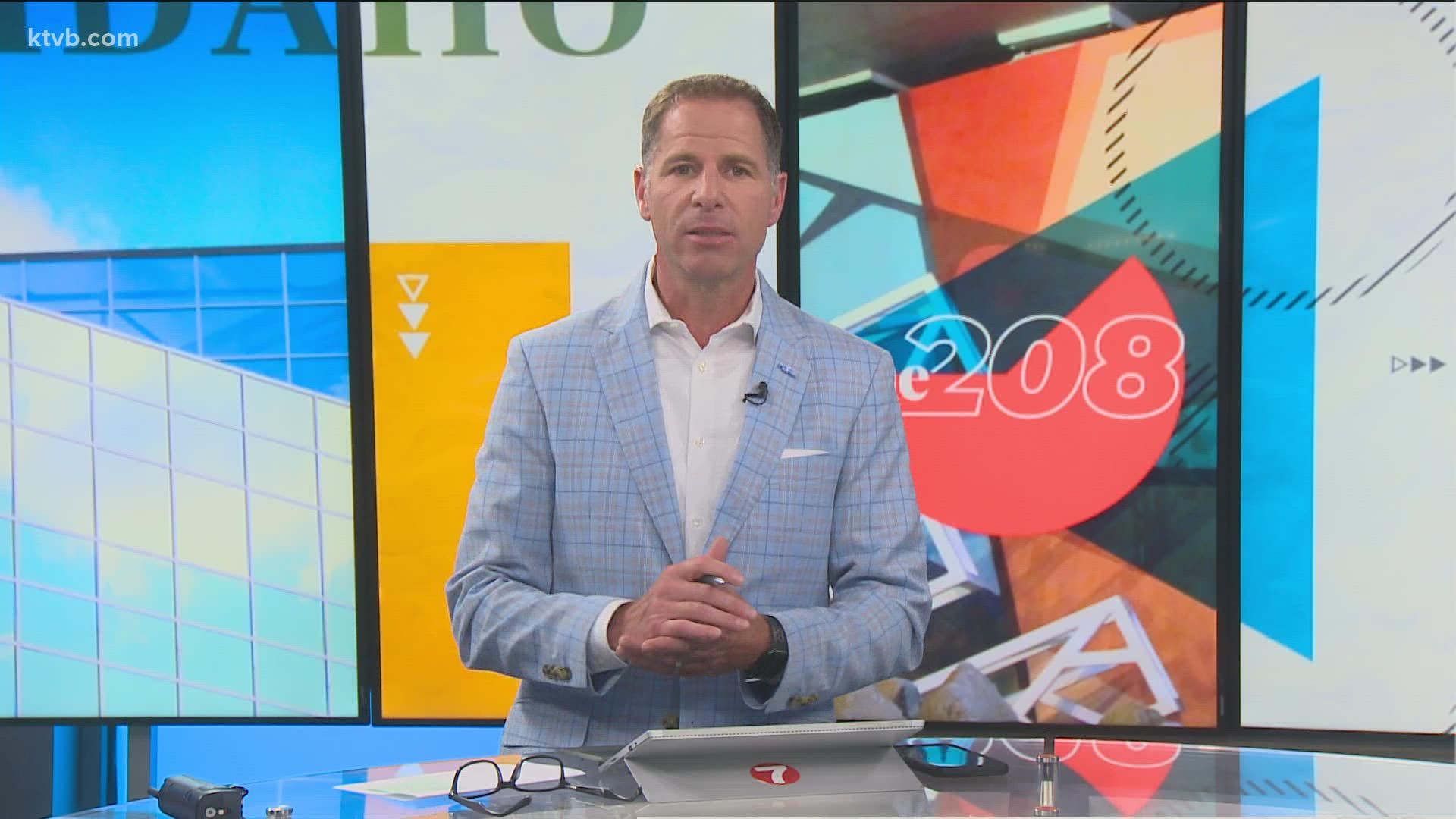BOISE, Idaho —
This story originally appeared in the Idaho Press.
When Gov. Brad Little this year proposed that Idaho institute proactive “election integrity audits” after each election, just to make sure results were valid, lawmakers backed him unanimously.
The first of those audits was completed on Friday, and the results were encouraging. Not only were any differences found between new hand-counts and the already certified results infinitesimal, in the state’s largest county they were non-existent.
“Our counts were exactly the same as what Ada County’s were, across all of that,” said Chief Deputy Idaho Secretary of State Chad Houck. Also, Ada election officials had detailed tracking information available indicating how each ballot was counted, whether it was cast by absentee or early voting or fed into a tabulator at an election day voting precinct. “Having that level of detail of tracking is awesome,” Houck said.
Perfect results also were found in Kootenai and Bonneville counties.
Idaho randomly selected eight counties around the state for its first integrity audits; all were conducted Wednesday through Friday by teams of auditors who included staffers from the Idaho Secretary of State’s office along with state-trained representatives of both major political parties. The teams flew to the counties on a state-owned small plane. The Legislature this year voted unanimously in favor of a $50,000 appropriation to fund the audits.
The auditors will prepare detailed reports on not only the results, but observations of and recommendations regarding practices observed at all eight of the counties, which included Ada, Bannock, Bonneville, Idaho, Jerome, Kootenai, Madison and Payette counties. The counties were chosen by random ball draw weighted proportionally to their population.
“It is in these reports that we hope to be able to provide the real value of this process,” Idaho Secretary of State Lawerence Denney said in a statement. “Sharing the observations, both positive and negative, that our teams are able to make over the course of this process with all 44 counties is one way we can continue to push Idaho’s processes forward and guarantee the continued high integrity of Idaho’s elections.”
Little proposed the new audits in his State of the State message to lawmakers in January, saying they would “enhance transparency and confidence in our elections here in Idaho.”
“We must make election integrity a priority, to give our citizens confidence that their vote matters,” the governor said.
Houck said the Secretary of State’s office under Denney has been pushing for the audits for several years, and unsuccessfully proposed legislation to launch them last year.
Nationally, supporters of former President Donald Trump have continued to claim, without evidence, that the 2020 presidential election was fraudulent. Two of the three GOP candidates for Idaho Secretary of State in the May 17 primary, state Rep. Dorothy Moon and state Sen. Mary Souza, said they didn’t believe President Joe Biden was legitimately elected. Both lost; the winning candidate in that primary, current Ada County Clerk Phil McGrane, was the one whose job has been running Ada County elections. McGrane will face Democrat Shawn Keenan in November; Denney is retiring rather than seek a third term.
The audits targeted three counties on their first day, Wednesday: Ada, Idaho and Payette. While results matched perfectly in Ada County, they were one ballot different in Idaho and one ballot different in Payette. Initial counts in those two counties showed a handful of differences in numbers of ballots per precinct, but those turned out to have occurred when the auditors sorted the ballots by precinct – not when the ballots were counted. A couple of other differences came when voters marked their ballots so lightly, or outside the box, that the voting machine couldn’t read them, but the auditors could make out the voter’s apparent intention.
By law, those aren’t valid votes in a machine-counted race. That’s why voters are instructed to fully fill in the box next to their choice.
Overall, the margin of error was found to be a tiny fraction of a percent, far below the threshold that was set to trigger further review.
On the second day of audits, ballots from Bonneville and Jerome counties were examined. Again, the variance was tiny, at one ballot in Jerome County and zero in Bonneville.
The final day of audits on Friday examined ballots from Kootenai, Bannock and Madison counties. Again, the results showed either perfect matches or a count that was off by a single ballot, but for documented and explainable reasons.
In each county or precinct, auditors hand-checked ballots in the closest race in the county. In most cases, that was the GOP primary race for Idaho Secretary of State; but in some cases, it was a close legislative race. That included the Payette County race in which current Rep. Judy Boyle, R-Midvale, defeated current Rep. Scott Syme, R-Caldwell, by just six votes.
When Idaho lawmakers approved the audit legislation this year, SB 1274, Idaho was one of just nine states that hadn’t already instituted post-election audits.
This story originally appeared in the Idaho Press. Read more at IdahoPress.com
Watch more Idaho politics:
See all of our latest political coverage in our YouTube playlist:

